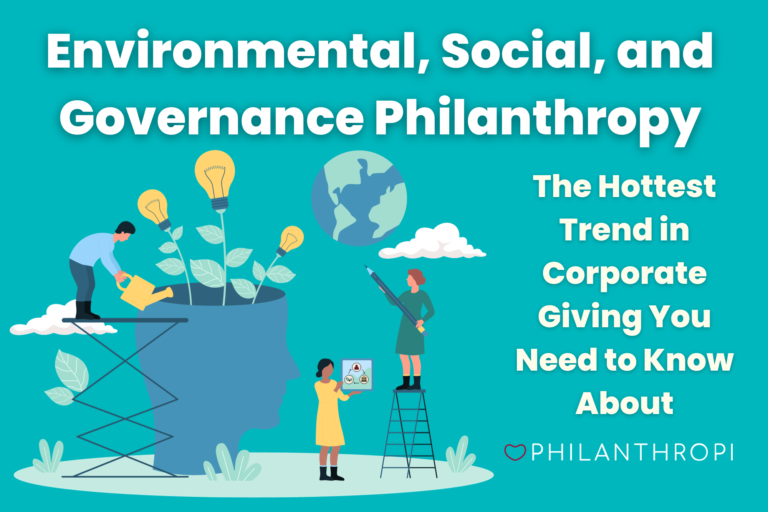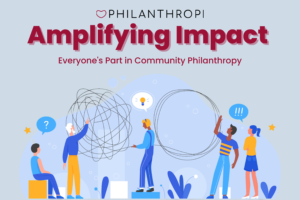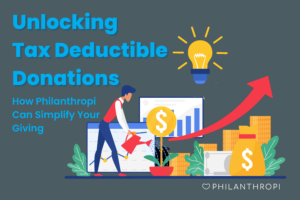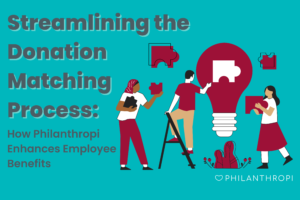What is ESG Philanthropy?
ESG philanthropy refers to the integration of environmental, social, and governance factors into philanthropic decision-making and strategy. It’s not just about giving back; but doing so in a way that aligns with global sustainability goals and ethical considerations. As businesses recognize the importance of operating responsibly, ESG philanthropy has emerged as a natural extension of their broader ESG initiatives.
Environmental Philanthropy
At the heart of ESG is the ‘E’ – environmental concerns. With growing awareness about climate change, habitat destruction, and other ecological challenges, businesses are looking to contribute positively. Environmental philanthropy focuses on supporting initiatives that address these challenges directly. Whether it’s conserving biodiversity or promoting renewable energy, environmental giving is at the forefront of the ESG philanthropy movement.
What Does ESG Mean for Nonprofits?
For nonprofits, the rise of ESG philanthropy presents both opportunities and challenges. On the upside, there is increased funding and partnership potential with businesses aligned with their mission. These companies are not just looking to donate but also to forge meaningful collaborations that can scale impact.
However, the emphasis on ESG also means nonprofits must showcase their commitment to these principles. Transparency, effective governance, and clear demonstration of social and environmental outcomes become essential.
Is Corporate Philanthropy Part of ESG?
Absolutely! Corporate philanthropy is a significant component of the ‘S’ – social responsibility in ESG. While it has traditionally been viewed as separate from core business practices, today’s corporations recognize that their charitable endeavors must mirror their internal ESG strategies.
Philanthropi’s approach is a testament to this change. By offering Donor-Advised Funds and Hardship Relief Funds tailored for employer partners, we pave the way for small businesses, especially those vested in corporate social responsibility, to make a tangible impact. Through our customizable, data-driven solutions like the Impact Account™, we not only simplify the giving process but also amplify its effects. This holistic approach addresses the primary challenges faced by many organizations, including missing out on tax-deductible opportunities.
Why is ESG Investing Controversial?
While ESG philanthropy is widely embraced, ESG investing – the act of incorporating ESG factors into investment decisions – can be controversial. Critics argue that by focusing on ESG metrics, investors might miss out on profitable opportunities or that the metrics themselves lack standardization, leading to “greenwashing” or overhyping an organization’s eco-friendliness.
Moreover, there’s a misconception in the industry that top-down philanthropy is most effective. However, as we at Philanthropi advocate, the bottoms-up approach empowers employees to give and take action while being supported by their workplace, truly embodying the spirit of ESG.
Get Started Today
ESG philanthropy is more than just a trend. It’s a reflection of the changing business landscape where purpose aligns with profit. As we move forward, businesses and nonprofits alike will find that integrating ESG into their ethos is not just beneficial but essential. Remember, when it comes to making a difference, Philanthropi is here to help you get started.



